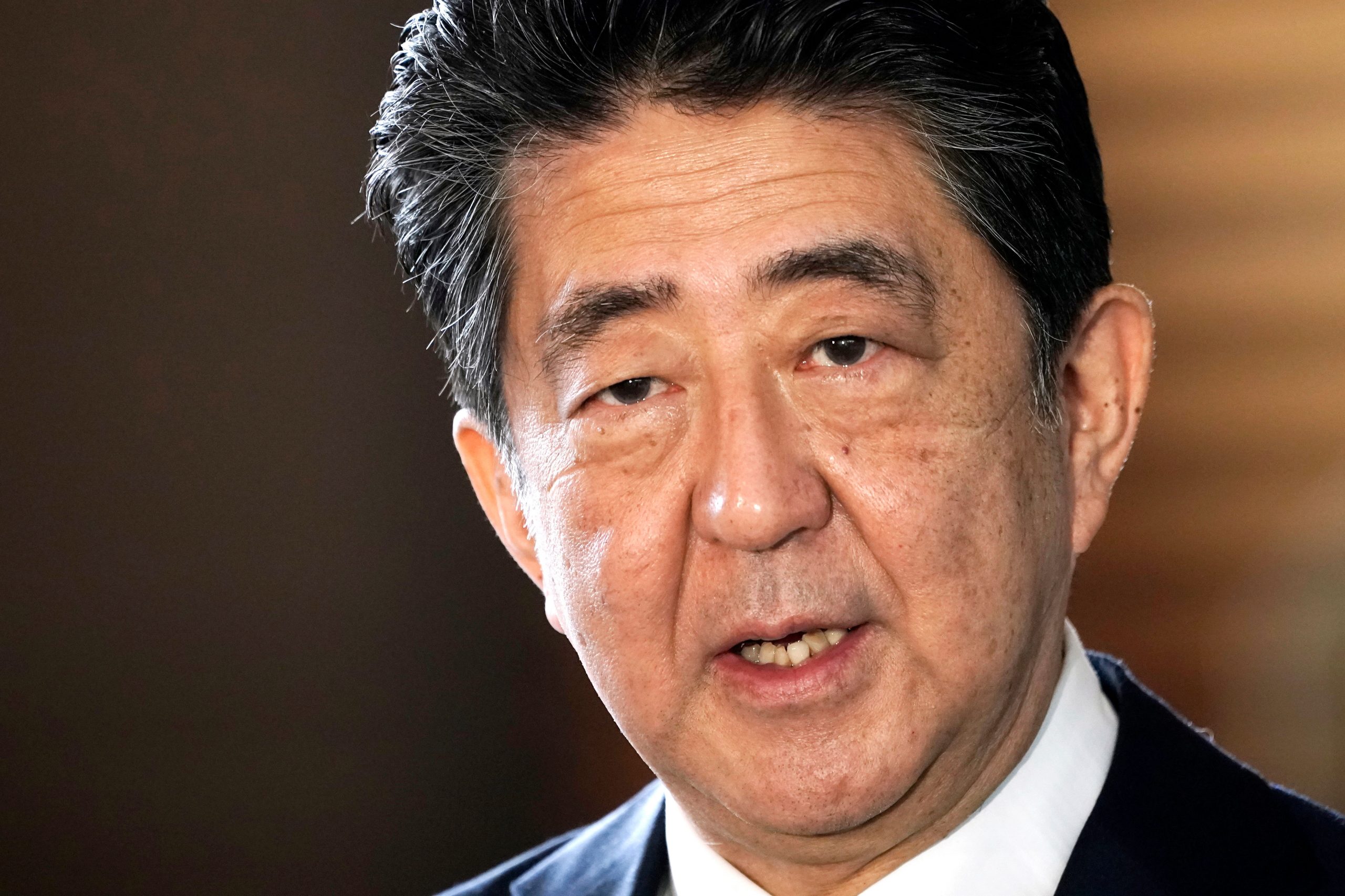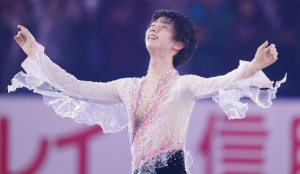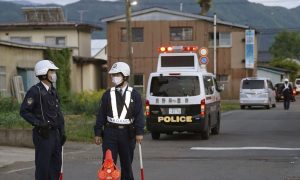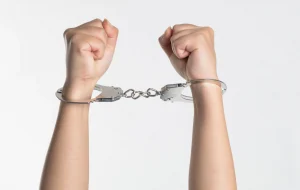Shinzo Abe, Japan’s longest-serving prime minister, died after being shot twice on Friday while giving an election campaign speech. Doctors at Nara Medical University Hospital said that Abe arrived without any vital signs.
According to Hidetaka Fukushima, the head of emergency services at the hospital, Abe went into cardiopulmonary arrest at the site of attack after being shot. The bullet wounded the front of his neck and caused damage to the heart and a major artery. This led to excessive blood loss.
Also Read | Shinzo Abe death: Why Tetsuya Yamagami, a navy veteran, shot ex-Japanese PM
While an official cause of death has not been made public, reports say that he died of a cardiopulmonary arrest and massive blood loss.
What is cardiopulmonary arrest?
During a cardiopulmonary arrest, the heart cannot sufficiently pump blood and supply necessary oxygen to the rest of the body. In adults, it is most likely to be caused by a primary cardiac event. However, in Abe’s case it was caused due to the gunshot.
Although rare, cardiac firearm injuries are linked with high mortality due to associated vascular injury to the aorta, vena cavae, and pulmonary vessels, according to Journal of the American College of Cardiology.
A direct penetrating injury or blunt trauma can cause cardiac gunshot wounds.
Also Read | Shinzo Abe death: Possible explosives found in suspect’s home
In Japan, this term is also used when a victim is no longer alive but a formal declaration of death has not been made.
Abe was declared dead at 5:03 p.m. local time at the hospital where he was being treated.
Police arrested a suspect, Tetsuya Yamagami, in connection to Abe’s assassination. The 41-year-old told police that he was frustrated with Abe and intended to kill him. However, details about the motive is yet to be made available by police.







